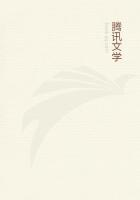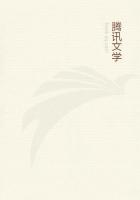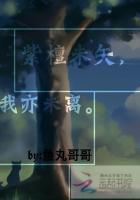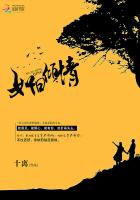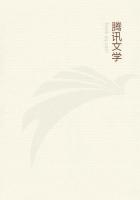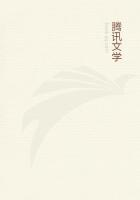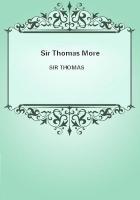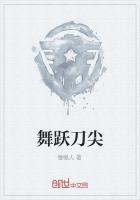He was not fashionable or decorative. He was a banker, and towards bankers Adams felt the narrow prejudice which the serf feels to his overerseer; for he knew he must obey, and he knew that the helpless showed only their helplessness when they tempered obedience by mockery. The world, after 1865, became a bankers' world, and no banker would ever trust one who had deserted State Street, and had gone to Washington with purposes of doubtful credit, or of no credit at all, for he could not have put up enough collateral to borrow five thousand dollars of any bank in America. The banker never would trust him, and he would never trust the banker. To him, the banking mind was obnoxious; and this antipathy caused him the more surprise at finding McCulloch the broadest, most liberal, most genial, and most practical public man in Washington.
There could be no doubt of it. The burden of the Treasury at that time was very great. The whole financial system was in chaos; every part of it required reform; the utmost experience, tact, and skill could not make the machine work smoothly. No one knew how well McCulloch did it until his successor took it in charge, and tried to correct his methods. Adams did not know enough to appreciate McCulloch's technical skill, but he was struck at his open and generous treatment of young men. Of all rare qualities, this was, in Adams's experience, the rarest. As a rule, officials dread interference. The strongest often resent it most. Any official who admits equality in discussion of his official course, feels it to be an act of virtue; after a few months or years he tires of the effort. Every friend in power is a friend lost. This rule is so nearly absolute that it may be taken in practice as admitting no exception. Apparent exceptions exist, and McCulloch was one of them.
McCulloch had been spared the gluttonous selfishness and infantile jealousy which are the commoner results of early political education. He had neither past nor future, and could afford to be careless of his company. Adams found him surrounded by all the active and intelligent young men in the country. Full of faith, greedy for work, eager for reform, energetic, confident, capable, quick of study, charmed with a fight, equally ready to defend or attack, they were unselfish, and even -- as young men went -- honest.
They came mostly from the army, with the spirit of the volunteers. Frank Walker, Frank Barlow, Frank Bartlett were types of the generation. Most of the press, and much of the public, especially in the West, shared their ideas. No one denied the need for reform. The whole government, from top to bottom, was rotten with the senility of what was antiquated and the instability of what was improvised. The currency was only one example; the tariff was another; but the whole fabric required reconstruction as much as in 1789, for the Constitution had become as antiquated as the Confederation.
Sooner or later a shock must come, the more dangerous the longer postponed.
The Civil War had made a new system in fact; the country would have to reorganize the machinery in practice and theory.
One might discuss indefinitely the question which branch of government needed reform most urgently; all needed it enough, but no one denied that the finances were a scandal, and a constant, universal nuisance. The tariff was worse, though more interests upheld it. McCulloch had the singular merit of facing reform with large good-nature and willing sympathy -- outside of parties, jobs, bargains, corporations or intrigues -- which Adams never was to meet again.
Chaos often breeds life, when order breeds habit. The Civil War had bred life. The army bred courage. Young men of the volunteer type were not always docile under control, but they were handy in a fight. Adams was greatly pleased to be admitted as one of them. He found himself much at home with them -- more at home than he ever had been before, or was ever to be again -- in the atmosphere of the Treasury. He had no strong party passion, and he felt as though he and his friends owned this administration, which, in its dying days, had neither friends nor future except in them.
These were not the only allies; the whole government in all its branches was alive with them. Just at that moment the Supreme Court was about to take up the Legal Tender cases where Judge Curtis had been employed to argue against the constitutional power of the Government to make an artificial standard of value in time of peace. Evarts was anxious to fix on a line of argument that should have a chance of standing up against that of Judge Curtis, and was puzzled to do it. He did not know which foot to put forward.
About to deal with Judge Curtis, the last of the strong jurists of Marshall's school, he could risk no chances. In doubt, the quickest way to clear one's mind is to discuss, and Evarts deliberately forced discussion. Day after day, driving, dining, walking he provoked Adams to dispute his positions.
He needed an anvil, he said, to hammer his ideas on.
Adams was flattered at being an anvil, which is, after all, more solid than the hammer; and he did not feel called on to treat Mr. Evarts's arguments with more respect than Mr. Evarts himself expressed for them; so he contradicted with *******. Like most young men, he was much of a doctrinaire, and the question was, in any event, rather historical or political than legal.

